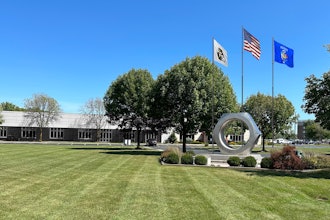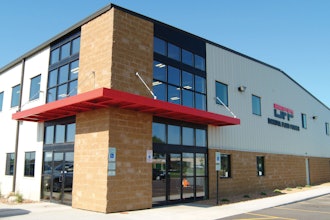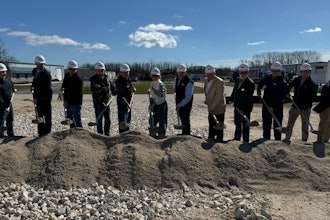Last Thursday, the FAA gave Amazon.com long-awaited permission to test its Prime Air drone service under a strict set of requirements. It was seen as a step forward in Amazon's plans for Prime Air.
Too little, too late, says Amazon. The e-tailer's top policy executive said Tuesday in a written testimony to a Senate subcommittee that the approval Amazon got from the FAA last week was irrelevant when it arrived because it was for an aircraft the company is no longer testing.
“(W)e innovated so rapidly that the UAS approved last week by the FAA has become obsolete,” said Paul Misener, Amazon’s vice president for global public policy in testimony submitted to the Senate Subcommittee on Aviation Operations, Safety, and Security. “We don’t test it anymore. We’ve moved on to more advanced designs that we already are testing abroad.”
It took 1½ years for the FAA to give Amazon permission to test the now obsolete drone, a point which Misener used to highlight the overly slow pace U.S. regulators have taken in drone development, and to urge them to speed up.
“Nowhere outside of the United States have we been required to wait more than one or two months to begin testing,” Misener testified. “What the FAA needs is impetus, lest the United States fall further behind.”
The regulations in the FAA's approval given last Thursday included:
- A maximum commercial drone weight of 55 pounds
- A requirement of one pilot per drone
- Pilots be required to keep aircraft within sight
- Drones must fly below 400 feet
But Amazon wants to be able to program the aircraft to make the flight, while dodging obstacles, on its own and in a 10-mile radius.
Misener said the drone system, “must allow UAS applications to take advantage of a core capability of the technology: to fly with minimal human involvement, beyond visual line of sight. … automated UAS sense and avoid technology and on-board intelligence address these factors and will mitigate the related risks."
Amazon said Friday that it applied for another certificate for a newer drone, and that it is hoping to be granted a commercial-drone exemption from the FAA, which would give it more flexibility to test drones. The FAA said Amazon’s application would likely require an entirely new vetting process because it is for a completely different aircraft design.






















